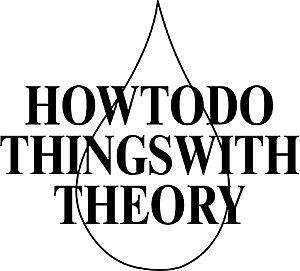Lukas Malte Hoffmann: Un-Doing Dualisms: What Affect Theory Can Do to Reinterpret AI
Thesis Supervisor: Ana Teixeira Pinto
Thesis: Un-Doing Dualisms: What Affect Theory Can Do to Reinterpret AI
Arnhem, January 2020
Abstract
This paper critically examines artificial intelligence (AI) and proposes to use Silvan Tomkins’ affect theory for a more kaleidoscopic vision of overlooked foundations, and possible futures of AI. It will look at it’s premise in the legacy of cybernetics to be able to unravel prevailing analogies and dualisms which tie human psychology and consciousness mainly to cognition and capacities. As an alternative of AI’s focus on cognition, this paper will look at how networks of affect and computation might be admixed. It will introduce affect theory to the field of computation and explore its potential to alter AI’s conceptual foundations. The thesis of this paper is that a theory of affect that proposes the layering of digital and analogue models might be enriching for approaching fabrications of intelligence and intelligent machines. Can affect theory be used to propose a different epistemology for AI?
Author: Lukas Malte Hoffmann


